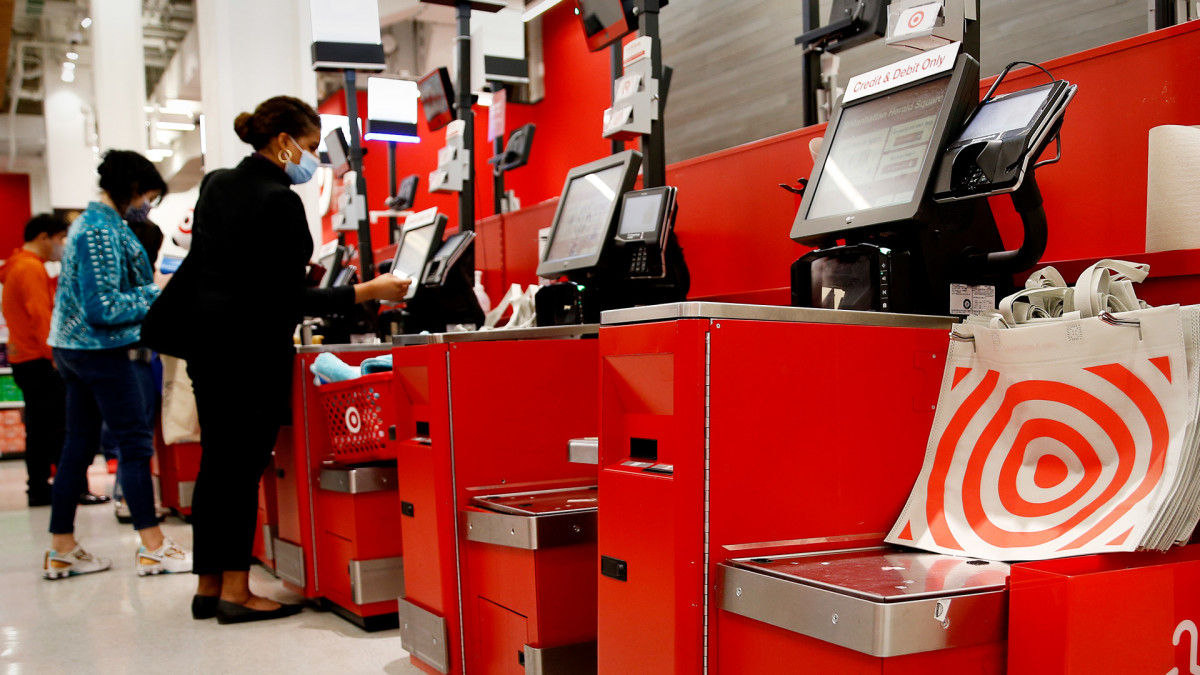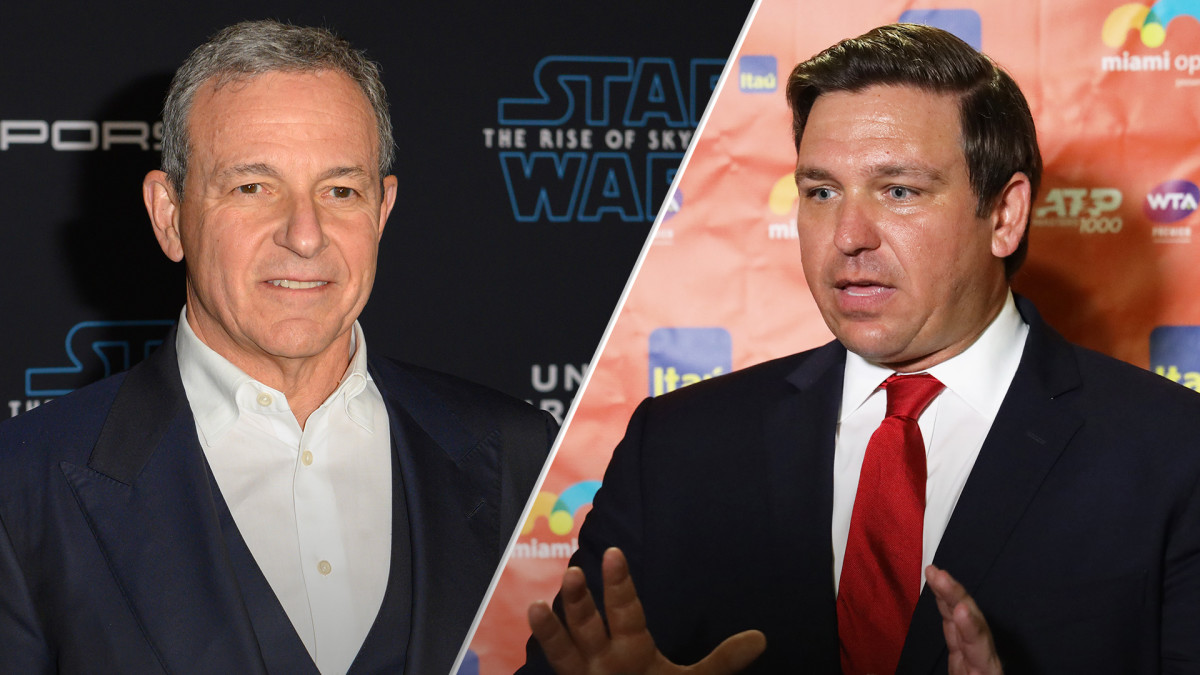
Florida Gov. Ron DeSantis has not been shy about challenging businesses in his state that adopt policies he does not agree with.
Usually that involves the right-wing governor calling out companies for adopting so-called woke, or progressive, practices.
The failed presidential candidate usually takes on companies for supporting diversity, inclusion and LGBTQ+ causes. He has also been outspoken about the Bud Light controversy and had a prolonged battle with Walt Disney, his state's largest single-site employer.
Related: McDonald's menu adds fan-favorite item first discontinued in 2015
In most cases, the governor is making a political point and pandering to his right-wing fanbase. His Disney war began when the company's former chief executive, Bob Chapek, spoke out against DeSantis's Don't Say Gay bill, which forbids nearly all discussion of sexual identity in Florida's schools.
Chapek likely spoke out only because Disney employees forced him to, but DeSantis's retribution was swift. He moved to strip the company of its Reedy Creek Improvement District, an agency through which the company controlled the land Disney World sits on.
The governor said he was taking away the company's special privileges — without noting that Florida has thousands of similar special districts.
DeSantis's latest business fight, however, does not appear to be ideological.

DeSantis takes on Target and Walmart
In DeSantis's latest corporate beef, he's called out companies including Walmart, Target, Walgreens and CVS for locking up items.
"Going into a drugstore to buy toothpaste shouldn’t be like Fort Knox. You shouldn’t need a clerk to unlock a case just to purchase basic items," he said on the social-media platform X over an image showing a tube of toothpaste behind bars.
The governor recently signed a bill that increased penalties for retail theft in his state. At a press event held inside a Walgreens, he said he hoped the new law would help companies, including Target and Walmart, cut down on theft.
He has on a number of occasions criticized retailers locking up items.
"One of the things that I’ve noticed is that if you go [into] a pharmacy and the toothpaste is behind lock and key ... it’s almost like Fort Knox, some of these places, just for normal items," DeSantis said, according to Florida Politics.
He said that locked shelves have become the norm in cities including San Francisco, Los Angeles and New York. His speech then went fully back to politics.
"All these places, they’ve effectively enacted policies that legalize shoplifting. So people just go in, they take what they want, they leave," he added.
Target has a theft problem
Target and Walmart have both used locking some shelves as a way to deter theft. The solution isn't ideal since it requires more employees and slows the shopping process, which can push customers to buy more items online.
Retailers generally keep their theft-prevention methods quiet so as not to tip off criminals, but locked shelves are a blunt-force solution. Target CEO Brian Cornell talked about the broader theft issue during his company's second-quarter-earnings call.
"In addition to these more recent challenges, our team continues to face an unacceptable amount of retail theft and organized retail crime," he said.
"[Shrink] in the second quarter remained consistent with our expectations, but well above the sustainable level where we expect to operate over time. And unfortunately, safety incidents associated with that are moving in the wrong direction."
The issue is not just shrink, the industry term for theft, but also employee safety.
"During the first five months of this year, our stores saw a 120% increase in theft incidents involving violence or threats of violence," the executive said. "As a result, we're continuing to work tirelessly with retail industry groups and community partners to find solutions to promote safety for our store teams and our guests."







